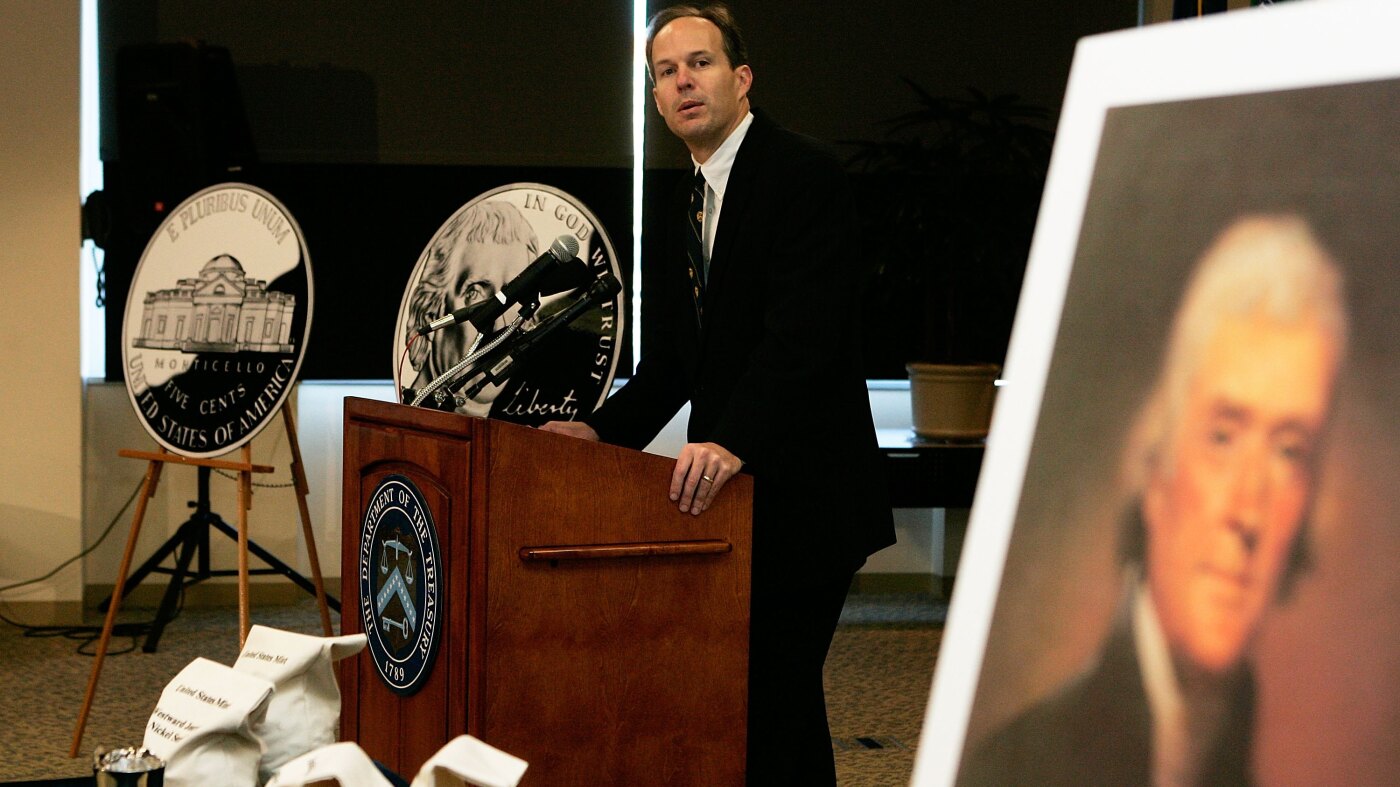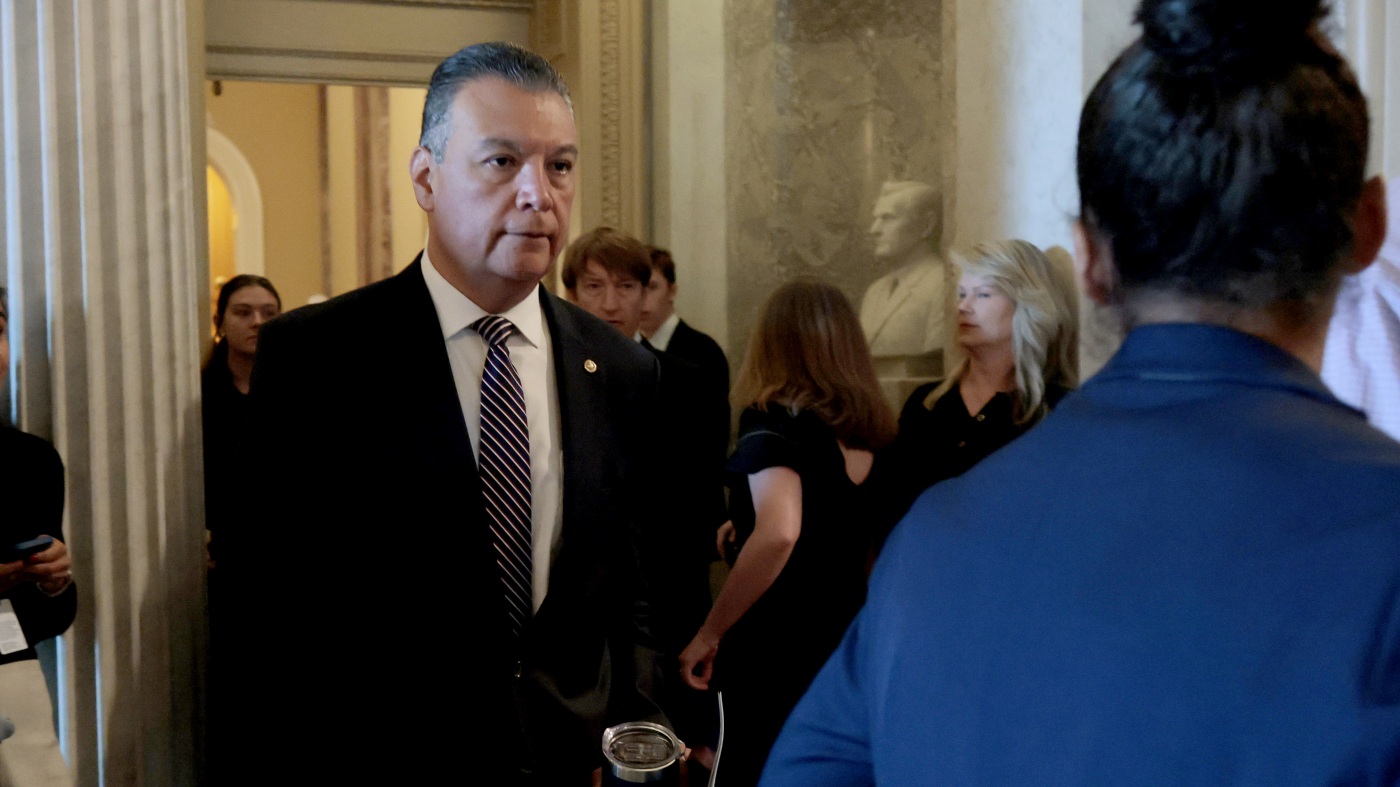This text was produced by The Maine Monitor, which was a member of ProPublica’s Native Reporting Community in 2022-23. Join Dispatches to get tales like this one as quickly as they’re revealed.
Within the first main replace to assisted residing and residential care rules in additional than 15 years, the Maine Division of Well being and Human Companies has proposed considerably growing staffing necessities, amongst different modifications.
The proposed updates observe an investigation by The Maine Monitor and ProPublica into the state’s largest residential care services. It discovered dozens of violations of resident rights, together with incidents of abuse and neglect, in addition to greater than 100 instances by which residents wandered away from their services and a whole lot of remedy and therapy violations.
As a part of the information organizations’ investigation, one facility proprietor referred to as the present staffing requirement “scary,” “unsafe” and “utterly insufficient.” Consultants, advocates and suppliers mentioned requiring increased staffing ranges, higher coaching and extra nursing care would assist tackle these issues.
Throughout a public listening to this month, the division proposed doubling the variety of direct care employees at residential care services in a single day and setting stricter guidelines in reminiscence care items that transcend the state and federal staffing necessities at nursing houses. DHHS should current its proposed rules to lawmakers by Jan. 10 to ensure that them to be thought of within the upcoming legislative session.
Assisted residing applications serve older Mainers, adults with mental and developmental disabilities, and other people with psychological sickness. These services supply much less medical care than nursing houses, however they’ve expanded in recent times after the state capped the variety of nursing house beds within the Nineteen Nineties. Within the final decade, at the very least 26 nursing houses have closed in Maine.
That shift has meant that the wants of residents in these services have “elevated considerably,” mentioned Brenda Gallant, Maine’s long-term care ombudsman, the state’s advocate for residents and their households. “Present rules for assisted housing haven’t stored tempo with the growing wants of residents,” Gallant mentioned, citing assessments from the state in recent times that as many as one-third of residents in these services may qualify for nursing house care.
At the moment, residential care services with greater than 10 beds require one direct care employee for 12 residents in the course of the day, one for 18 residents in the course of the night, and one for 30 in a single day. Beneath the proposed rules, these ratios can be elevated to 1 direct care employee for eight residents in the course of the day and night shifts and one for 15 residents in a single day.
At the moment, services with 10 or fewer beds should always have at the very least one accountable grownup current. That may be elevated to 2 on responsibility always.
For reminiscence care items, the proposed staffing necessities are even stricter — and better than these at the moment required in nursing houses: one direct care employee for 5 residents in the course of the day and night, and one employee for 10 residents on in a single day shifts.
Consultants and advocates have instructed The Monitor that residents with Alzheimer’s illness and different dementias are among the many most weak as a result of they tend to wander. The proposed rules additionally require assessing residents for danger of elopement, outlined as “leaving a safe facility with out authorization or supervision.” The Monitor and ProPublica discovered that there have been at the very least 115 reported elopements at Maine residential care services from 2020 to 2022, in accordance with state inspection information and a database of incidents reported to the well being division.
“Important New Prices”
The proposed modifications got here as “fairly a shock,” mentioned Angela Cole Westhoff, president and CEO of the Maine Well being Care Affiliation, which represents nursing houses and assisted residing services throughout the state.
Westhoff and facility directors repeatedly requested the state throughout this month’s listening to to pause the method as a way to get extra business enter. A DHHS spokesperson didn’t reply to questions on what would occur if it missed the Jan. 10 deadline for submitting proposals to the Legislature in favor of extra dialogue.
The staffing necessities will imply including about 2,000 extra direct care employees, in accordance with estimates from MHCA.
“This business isn’t financially positioned to incur important new prices with out a corresponding improve in MaineCare spending and personal pay pricing,” Westhoff mentioned, referring to Maine’s model of Medicaid. Suppliers strongly disputed DHHS’ assertion that the rule was anticipated to have “minimal fiscal impression on licensed suppliers.”
DLTC Healthcare & Bella Level, an organization that owns and operates 17 residential care services, estimated the change would value a further $108,000 yearly for every 30-bed facility.
The director of finance and human sources for Schooner Estates, Schooner Reminiscence Care and Fallbrook Woods estimated the three services would wish so as to add 68 full-time-equivalent staff, totaling $4.5 million a yr.
Woodlands Senior Residing, which operates 16 services in Maine, mentioned it could want to rent greater than 300 workers members throughout its services, totaling almost $13 million a yr.
Many suppliers mentioned they might probably need to go these prices on to residents until the rules got here with a rise in MaineCare reimbursement from the state.
Facility homeowners and directors additionally warned that elevated staffing necessities can be troublesome to satisfy as a consequence of workforce shortages. Through the listening to, one resident companies director in Saco mentioned they’ve been attempting to rent a nurse for greater than two years. One other administrator mentioned her facility’s final opening took two months to fill, and once they lastly employed, the candidate had “no {qualifications}” and required months of coaching.
DHHS spokesperson Lindsay Hammes mentioned the division couldn’t remark concerning the proposals in the course of the rulemaking course of and famous that the proposals may change primarily based on public feedback, which have been accepted till Nov. 25.
“The Stakes Right here Are Excessive”
Whereas facility representatives provided vocal opposition on the latest listening to, others testified in assist.
Citing a latest survey of direct care employees, Nicole Marchesi, who works within the ombudsman’s workplace, mentioned growing workers ratios may assist stop burnout and turnover.
“Workers proceed to specific the frustration round caring for residents who’re nursing house degree of care in assisted residing,” Marchesi mentioned. “When staffing is inadequate, resident security is jeopardized.”
Gallant, the long-term care ombudsman, and Authorized Companies for Maine Elders additionally advisable having license renewal and survey inspections accomplished yearly, fairly than each two years, and creating a regular apply to observe up on plans of correction when services are cited for deficiencies. Of their investigation into elopements, The Monitor and ProPublica discovered that within the overwhelming majority of instances, DHHS by no means inspects services and barely imposes sanctions.
“The stakes listed below are excessive,” wrote John Brautigam on behalf of Authorized Companies for Maine Elders. “These guidelines have the potential to stop neglect, enhance well being outcomes, and foster environments the place residents really feel valued and secure. We owe it to them to make sure these protections are as robust as potential.”










